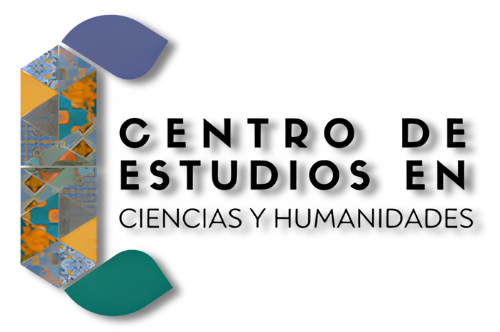The problem of moral evil in the constitution of the best possible world. Justification of the divine election and affirmation of human responsibility from the Theodicy of G. W. Leibniz
DOI:
https://doi.org/10.61497/asjwvn85Keywords:
Leibniz, best possible world, freedom, free determinism, monadological virtualityAbstract
To solve the logical impossibility to hold as true the existence of a good, omnipotent God and the presence of evil, the Leibnizian concept about the best possible world is analyzed initially. With such a notion, it is argued that great goods depend on the necessary possibility of moral evil, foreseen by God from the region of eternal truths and, without which, would be impossible the complete composition of the most perfect world. Controversial idea, when it is thought about the existence of other worlds, and even in a world where men would act good only. Secondly, it is studied the notion of freedom linked to free will, apparently contradictory when Leibniz admits the futurition of human actions. However, leaning on the terms of contingency and necessity, achieve to jump from an absolute determinism to a free determinism, saving human freedom and divine omniscience. Finally, the culpability of man in the perpetration of evil is evidenced, due to the needs that arise from his limits, in which case God remains exempted from being responsible, even when is the source of his permission and the cause of the limitations.
Downloads
Published
Issue
Section
License
Copyright (c) 2024 Gustavo Adolfo Valencia Buitrago (Autor/a)

This work is licensed under a Creative Commons Attribution-NonCommercial-NoDerivatives 4.0 International License.
Los artículos publicados en esta revista están bajo una licencia Creative Commons Atribución-No Comercial 4.0 Internacional (CC BY-NC-ND 4.0 ). Esto significa que los autores conservan sus derechos de autor y permiten que otros compartan y distribuyan el contenido con el debido reconocimiento, pero sin fines comerciales. No se permite la creación de obras derivadas a partir de este contenido.
Revista Ciencias y Humanidades © 2015 by Centro de Estudios en Ciencias y Humanidades del Instituto Jorge Robledo is licensed under CC BY-NC-ND 4.0











